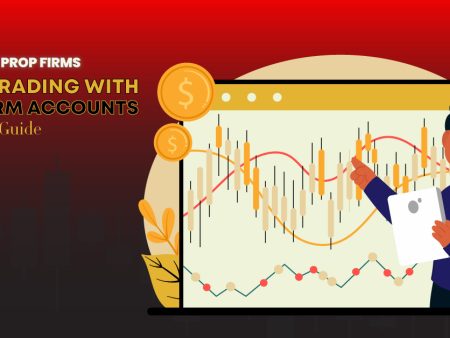
Ever wondered what’s the deal with trading in a real account versus a demo account in the world of prop trading? Well, it’s kind of like comparing learning to swim in a pool with floaties versus diving into the deep end of the ocean. Let’s break it down and see why having some “skin in the game” matters.
Real Trading: Getting Your Hands Dirty
So, real trading means you’re playing with real money. Yep, actual cold, hard cash. This adds a whole new level of excitement and anxiety. When real money is on the line, you’re not just clicking buttons; you’re making decisions that can impact your wallet. The fear of losing money might make you think twice before making impulsive moves. It’s like learning to cook with expensive ingredients – you’re going to pay extra attention and follow the recipe carefully.
Also, with real trading comes the emotional rollercoaster. The highs of profit and the lows of loss can teach you some serious life lessons about patience, discipline, and dealing with stress. It’s like playing a high-stakes game where you’re the main character.
Demo Trading: Practice Makes Progress
On the flip side, demo trading is like training wheels for traders. You’re not using real money, so you can experiment without worrying about blowing up your savings. It’s a great way to learn the ropes, try out different strategies, and get comfortable with the trading platform. It’s like rehearsing a play before opening night – you get to work out the kinks before the real show.
But here’s the catch: because there’s no actual money at risk, you might not experience the same emotional intensity. It’s like playing a video game where you can respawn infinitely – the consequences don’t hit you in the gut the same way.
Finding the Sweet Spot
So, what’s the secret sauce? Well, it’s all about balance. Starting with a demo account can help you build skills and confidence without the pressure of losing money. But eventually, you’ll want to take the plunge into real trading. That’s where the real lessons happen – managing your emotions, handling pressure, and making decisions under fire.
In a nutshell, the real vs. demo trading debate boils down to “skin in the game.” Real trading teaches you accountability and emotional resilience, while demo trading gives you a safe space to learn and improve. Striking a balance between the two can set you up for success in the wild world of prop trading, where every decision counts, and every dollar is a part of the game.











